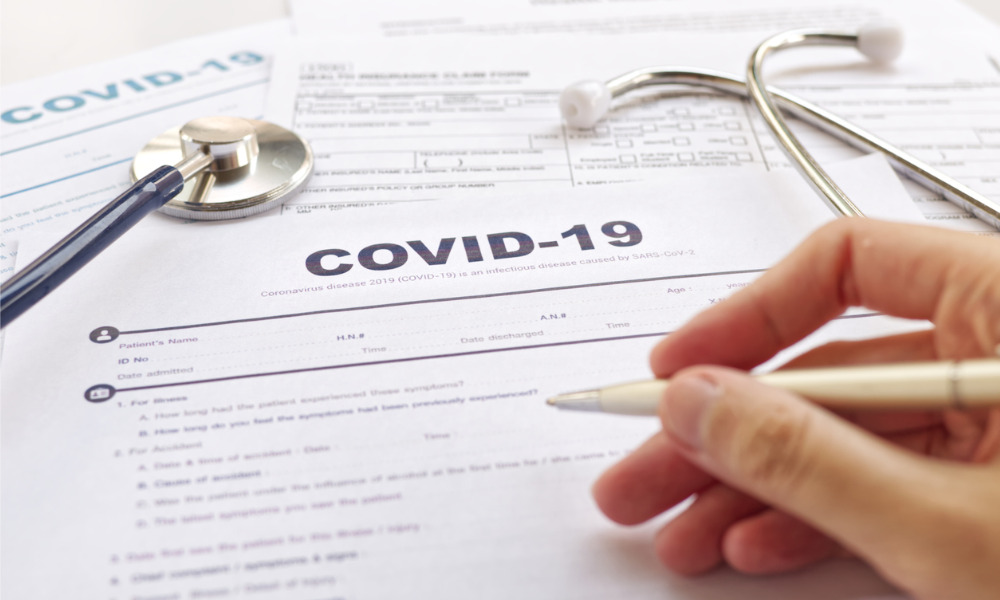
Protective measures against COVID-19 are absolutely necessary. But what sort of impact is lockdown having on courts?

It’s no secret that New Zealand’s criminal justice system has tended to move at a leisurely pace – and with the new norm created by the government’s response to the outbreak, that pace has decreased significantly.
“If New Zealand is to get out of this crisis with as few scratches as possible, level 4 lockdown measures are necessary,” says Julie Ding, director at K3 Legal. “But from the legal system’s perspective, they’re not without cost.”
While the New Zealand courts have been deemed essential services, there have still been numerous changes to how they run. In late March, New Zealand’s chief justice, the Right Honourable Dame Helen Winkelmann, issued a several statements to legal practitioners, which essentially noted that courts should focus on priority proceedings at reduced capacity.
“If proceedings are to be heard, registrars need to practice social distancing and only the larger courtroom can be used,” says Ding. “Only participants required for priority proceedings are to be present in the courtroom, while people are to appear or participate via audio-visual link or telephone where possible.”
While this is understandable under the circumstances, Ding notes that this potentially means that thousands of cases will be delayed.
“It’s good that priority proceedings are continuing to be heard in New Zealand Courts – other jurisdictions such as Hong Kong have shut the courts entirely,” says Ding. “But when you consider that there’s currently contention around bail applications potentially being affected by COVID-19 testing, there are genuine concerns about whether the New Zealand Bill of Rights could be breached.”
Ding notes that while Judge Heemi Taumaunu has outlined guiding principles to determine a priority proceeding, but they’re still open to broader interpretation.
“With all jury trials on hold until at least July 31, these delays compound the uncertainty already felt in the community,” says Ding. “Defendants, victims and their families are required to continue to put their lives on hold until a conclusion is reached, which can only occur once a hearing can be heard. In high times of stress, this can be extremely difficult.”
Ding notes that legal practitioners must be conscious of these additional stresses and tensions when interacting with clients and their families. Additionally, defence counsel should be countering arguments opposing bail applications focusing on COVID-19 reasoning.
“This could be on the basis that defendants would pose more risk in a prison population waiting for COVID-19 results while potentially being asymptomatic and contagious,” Ding says. “They’ll be less susceptible transmission being in self-isolation in the community. Defendants still need to be making informed decisions and have access to good counsel; that doesn’t change just because of a pandemic.”
Though restrictions are currently set to reduce to Level 3 from April 28, Ding is somewhat skeptical that this will drastically speed up the process. Statistics from the Ministry of Justice currently suggest at least 59,500 court events/month will have been postponed during the level 4 lockdown. This will create an exceptional backlog of hearings once the courts are able to resume with normal capacity.
“There’s no doubt that we need to focus on eliminating COVID-19 as a community – that’s the priority,” says Ding. “But I don’t think we’ll be able to appreciate the full effects of it on our legal system until we have the benefit of hindsight.”